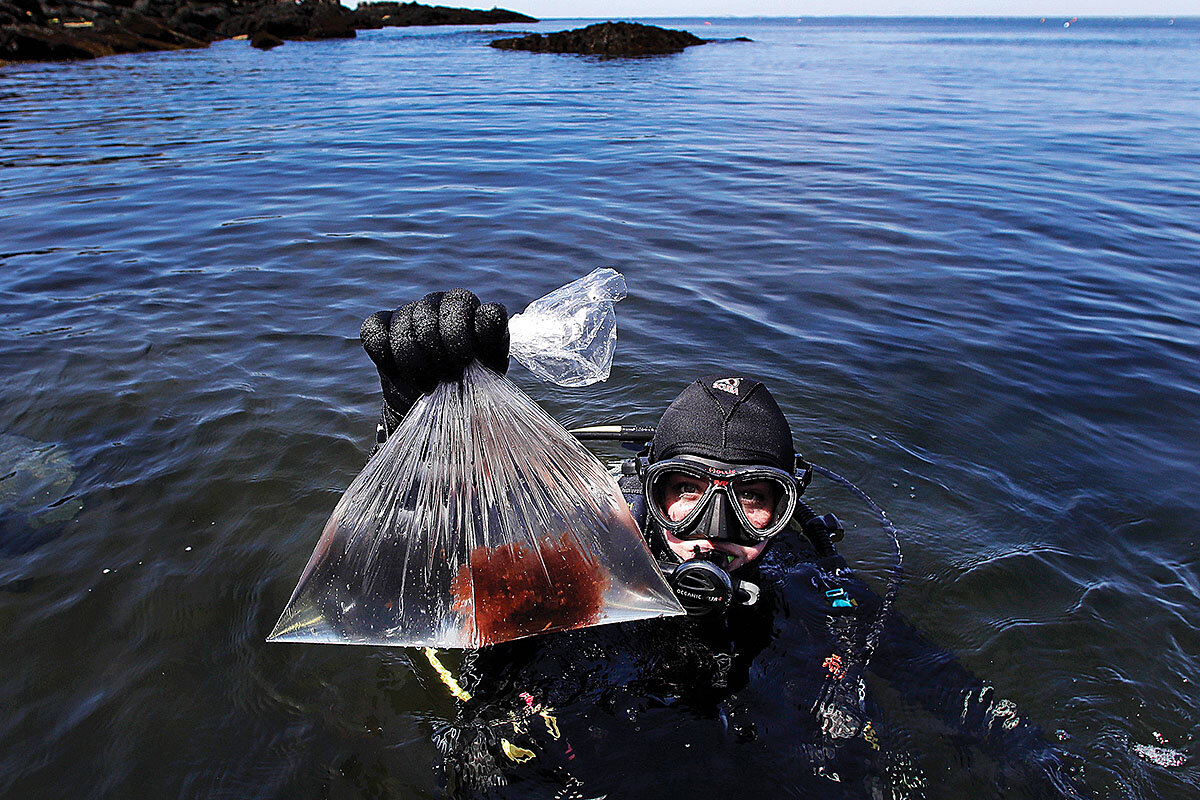China is expanding its media presence abroad, and that is changing the message that many Chinese emigrants hear. It’s one small part of Beijing’s multibillion-dollar bid for global influence.
Monitor Daily Podcast
- Follow us:
- Apple Podcasts
- Spotify
- RSS Feed
- Download
 Mark Sappenfield
Mark Sappenfield
Welcome to your Monitor Daily. In today’s issue, we look at a new front for Chinese propaganda, what missiles tell us about Turkey’s view of itself, a different way to address floods in the developing world, a Korean War vet-turned-bridge-builder, and seaweed for those with a sweet tooth.
First, let’s turn to a news item that broke yesterday.
At one refugee processing center, inhabitants spoke of “cramped rooms, filthy toilets, suicide attempts, and frequent canteen fights, all punctuated with apparently random deportation swoops.” At another, the mud was mixed with human waste and rotting food. Hearing people screaming in food lines and seeing fences topped by razor wire, one asylum-seeker there said the government “does not see us as human.”
These stories sound as though they could have come from a report released yesterday detailing the conditions for detained migrants in U.S. Border Patrol stations. One senior official said the situation was so dire it is a “ticking time bomb.”
But the examples above come from Germany and Greece – two other countries struggling to cope with the world’s current mass migrations. And they are a reminder of both the stress the migrations are putting on arrival countries and of the urgent need to find solutions that maintain the dignity and humanity of those seeking help.
The situation is not unprecedented. The United States faced similar challenges in the mid-1990s. A solution came from addressing the actual problems – adding resources where needed, using detentions where wise, and thinking carefully about what claims asylum should include, notes an article in Vox. That means deciding that the choice between compassion and rule of law must be both.










